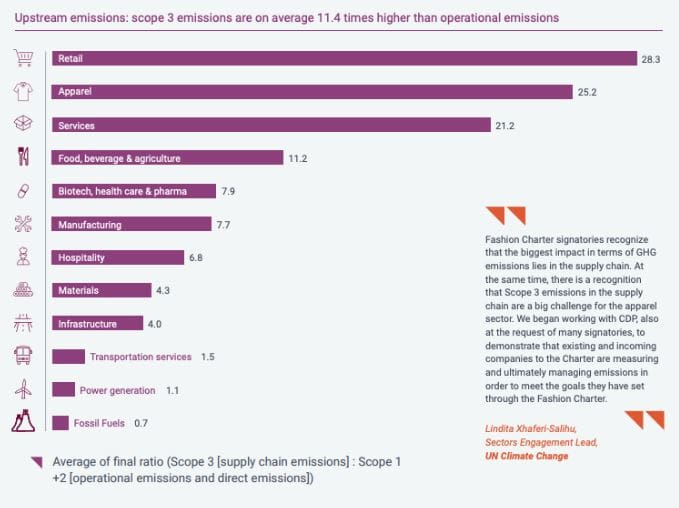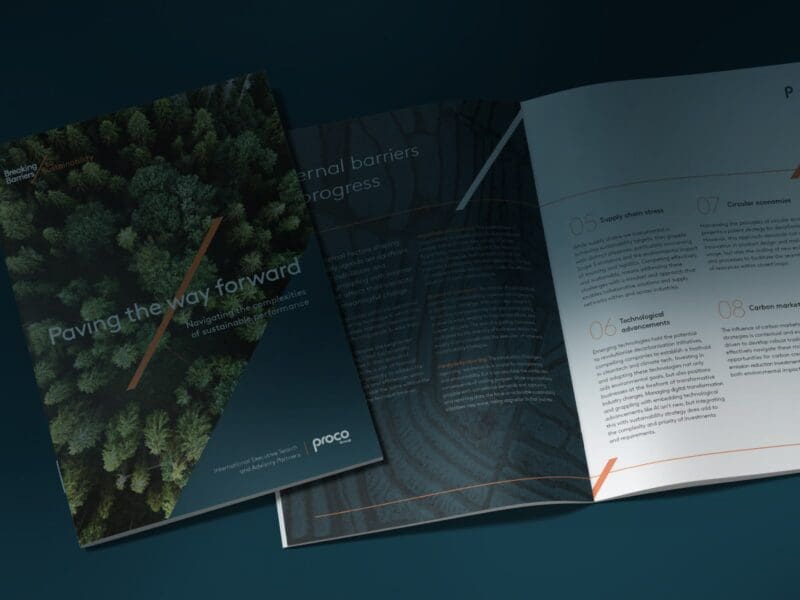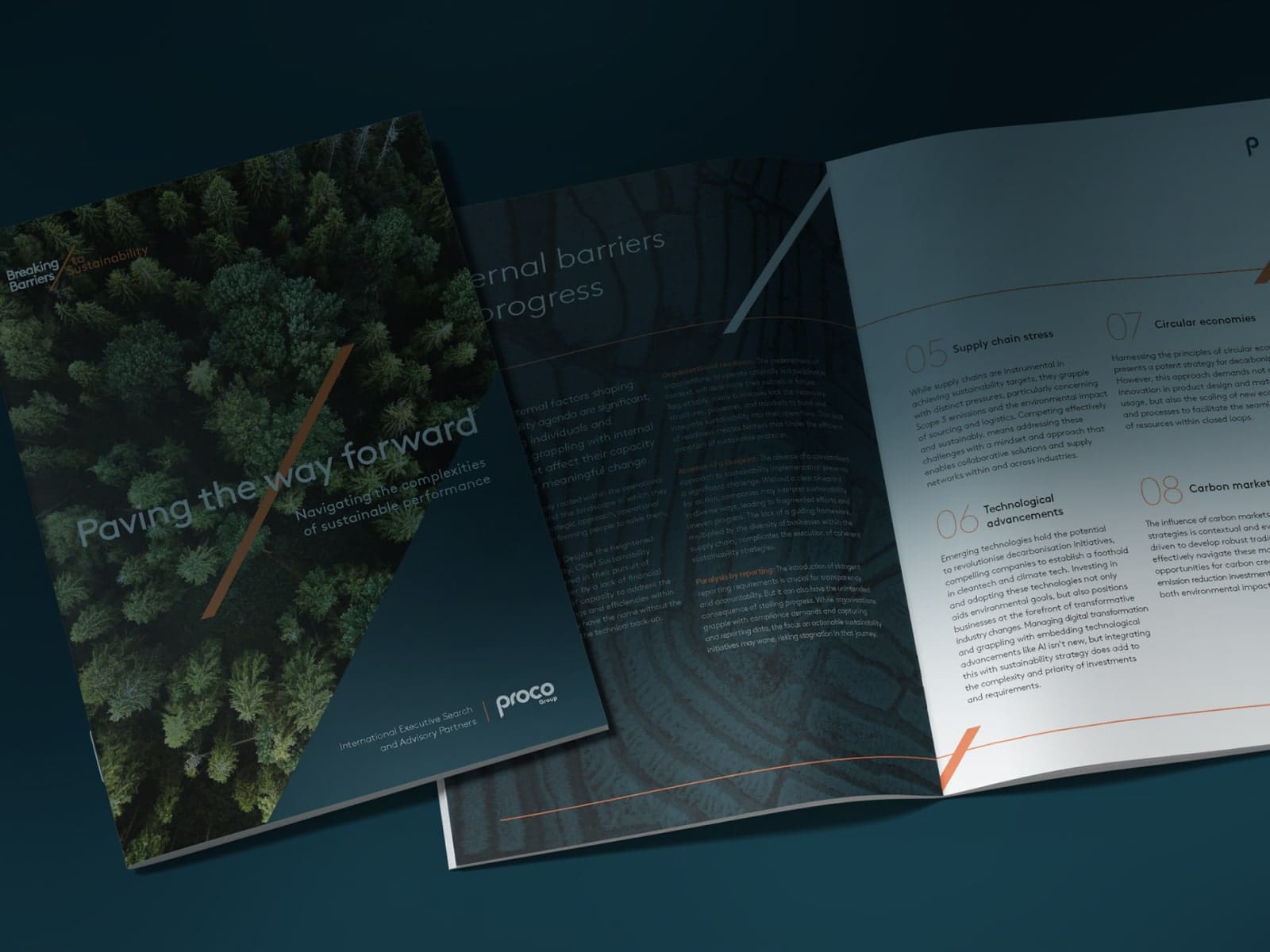New regulations are highlighting supply chain leaders, demanding more disclosure on environmental impact, posing compliance challenges, and fostering collaboration in sustainability.
It is well documented that the global supply chain has been under increasing pressure in recent years, bent and reshaped in recent times by Covid, geopolitical tension and Russia’s invasion of Ukraine. These events have highlighted the fragility and interdependence of global supply chains and have led to calls for greater sustainability and resilience, including that from US Commerce Secretary Gina Raimondo for the US government to invest more in their supply chain resilience.
In response, governments around the world are introducing new regulations that require companies to disclose more information about their supply chains and their environmental impact. These regulations are putting a spotlight on supply chain leaders, who are increasingly being called upon to develop and implement strategies that can respond to these complex demands.
Even during the period of free trade and globalisation, that has ended due to competition for control of industries of the future and political conflict, there was always a strong requirement for supply chain leaders to balance often inextricably linked demands like global against local, cost against quality and resilience against efficiency.
Now they must also respond to becoming a major forum for sustainability initiatives driven by regulation, which will have a critical impact on the value of organisations. Investors too are increasingly focused on the supply chain: recent research has found that firms with fewer supply chain ESG incidents exhibited higher future stock returns.
Regulatory scope is widening and hardening
In recent times we have seen commitment to sustainable supply chains ramp up, with many companies working on strong commitments of responsible sourcing and oversight to ensure that they comply with environmental and social requirements.
But the scope of that definition is widening and hardening considerably because of the new regulation. The EU’s Corporate Sustainability Reporting Directive and the SEC’s Climate Disclosure Ruling in the US will issue exacting requirements for companies to list emissions and environmental impacts in their supply chain and explain what they are doing about them.
Seeking the same end goal, but using different levers, governments are also looking to promote the development of circular economies, which seek to minimise waste and maximise resource efficiency. France’s Anti-waste Law of 2020, for example, expanded the concept of extended producer responsibility to make producers responsible for the entire lifecycle of their products, including managing their end-of-life. This is posing another layer of stringent requirements on the supply chain and those leading them.
The critical signal from these developments is that the supply chain will acquire an even greater strategic significance for organisations, with increasing recognition of the potential for value creation, differentiation and sustainable performance.
What does the increasing significance of supply chains mean?
Aside from the operational risks that may result from measures such as those introduced in France, other hazards will flow from this intersection of sustainability and supply chains – and specifically the ability to report Scope 3 emissions to new standards.
Non-compliance, or incomplete compliance, with new reporting requirements could expose participants in the supply chain to legal liabilities, from censure, through penalties and sanctions to criminal charges.
From a reputational standpoint, failures in this area have the potential to damage and impair the trust customers, investors, regulators, supply chain partners and colleagues have in a business. Boards are facing major issues caused by any risk of negative impacts to their operations, competitive position, investor confidence, share prices and media scrutiny.
As a result, companies upstream in the supply chain will come under pressure from their downstream customers to ensure that data collection and reporting systems are in place, and that they are improving their environmental performance and efficiency.
Failure to do so has the potential to impair business relationships or even lead to them being terminated in some cases and in others create a risk to market access.
Of course, this focus on the supply chain creates massive potential too: to share best practices and collaborate generally, to identify and implement solutions that relate to the risks and opportunities of sustainability and to take advantage of rapidly evolving new technology to understand and optimise the supply chain.
The critical signal from this is that the increasing significance of supply chains for impacting sustainable performance means that businesses must prioritise compliance, transparency to mitigate legal, reputational and business relationship risks, while also leveraging the potential for collaboration, innovation and optimisation in the supply chain.
What happens next for organisations?
Across our industries, we are seeing this affect our clients’ strategic approach to and expectations of senior hires in functions related to supply chain.
As the criticality of mapping and reducing emissions and environmental impacts within the supply chain continues to rise as a result of regulation, it means that supply chain functions are increasingly being considered in the context of sustainability.
This has led to instances where we can see:
- how the demands of sustainability are being worked through more fully by senior execs and directors from supply chains and operations;
- and supply chain experts and expertise are moving more formally towards sustainability roles and functions.
By strategically developing talent and functions, particularly in tracking and reducing emissions and environmental impacts through collaboration, companies can mitigate risks and unlock new opportunities for sustainable growth. This requires integrating supply chain expertise into sustainability roles and leveraging the knowledge of senior managers, executives and directors from supply chains and operations to capitalize on the creation of sustainable supply chains.

Explore our sustainability campaign
Our campaign to help you navigate the complexities of the sustainability landscape.
Explore sustainability
Download our report
Paving the way forward: navigating the complexities of sustainable performance. Read the full report now.
Get report



